Closing a home is the final and arguably the most crucial step in the home-buying process...

What is Title Insurance?
When someone buys a home, the title is a legal document that serves as proof of ownership. Title insurance provides financial protection against losses related to a property’s title.
Once you buy a home, you become responsible for the property. If a previous owner had unresolved debts, you could be responsible for those debts too. This is why title insurance is important. Although title searches are performed as part of the home buying process, sometimes issues are missed or not included in the public records for a property.
Title insurance is your best defense if you unknowingly buy a home with previously unresolved debts, liens or other claims that could threaten your ownership of the property. Regardless of how many owners a home has had, title insurance will cover any claims or losses from before your policy’s start date.
Even if you’re moving into a new construction, it’s worth protecting yourself with title insurance. Challenges can range from an ex-spouse making claims against the title of a previously owned home to suppliers filing a lien against a new construction to recover pay from developers.
There are two different types of title insurance: lender’s title insurance and owner’s title insurance. If you have a mortgage, then your lender likely required you to purchase lender’s title insurance before you closed on your home.
FAQ - Title Insurance
What is Title Insurance?
- Definition: Title insurance is a safeguard for property buyers and lenders that insures against financial loss from defects in title to real estate.
- Purpose: It protects property owners and mortgage lenders against loss or damage occurring from liens, encumbrances, or title defects. Many of which are not uncovered during the initial title search.
Why do I need Title Insurance?
- Importance: Just as health insurance protects against future health problems, title insurance covers the unforeseeable issues related to property ownership.
- Risks: Without it, you could face legal challenges or claims from previous owners. This could lead to considerable financial loss, even to the point of losing your property.
How does Title Insurance work?
- Title Search Process: Before you receive a policy, the title company conducts a search to trace the property's ownership history and ensure there are no liens or claims.
- Coverage and Claims: If a covered title defect is found after you purchase your property, your title insurance policy would typically handle legal defense costs and pay for covered losses.
How much does Title Insurance cost?
- Factors: The cost can depend on the purchase price of your property and your location.
- Pricing: Generally, it's a one-time premium based on the value of your property and is part of your closing costs. Rates can vary by provider.
Can I shop around for Title Insurance?
- Role of Providers: Yes, you can. Title insurance companies provide the same basic service but may offer different customer experiences or additional services.
- Choosing a Provider: When shopping around, consider the provider's reputation, reliability, and customer service, as well as the price.
How long does Title Insurance last?
- Duration: Title insurance lasts as long as you maintain an interest in the property covered by the policy.
- Transferability: It usually protects you until you sell, or in some cases, even after you've sold the property.
What does Title Insurance not cover?
- Exclusions: Title insurance does not cover issues that arise after you've purchased the policy such as zoning changes or environmental restrictions.
- Additional Protection: For further protection, you might consider additional insurance products or riders to cover specific future concerns.
What is Enhanced Title Insurance Coverage, and Why Do We Recommend It?
- Enhanced title insurance policies include all the coverages of basic title insurance and add protection against a few more risks for good measure:
- Liens against the property
- Zoning and building permit issues, including covenant restrictions and corrections
- Encroachment of structures onto your property or of your buildings onto a neighbor’s property
- Subdivision violations
- Lack of access to the property
- Supplemental tax assessments
The added protection available from our enhanced title insurance coverage is well worth the small added cost at the time of closing or final sale.
As you delve into the world of real estate, understanding and obtaining title insurance can be a vital step in protecting your investment. While we hope these answers have been helpful, should you require more personalized assistance, don't hesitate to reach out to our team of experts.


